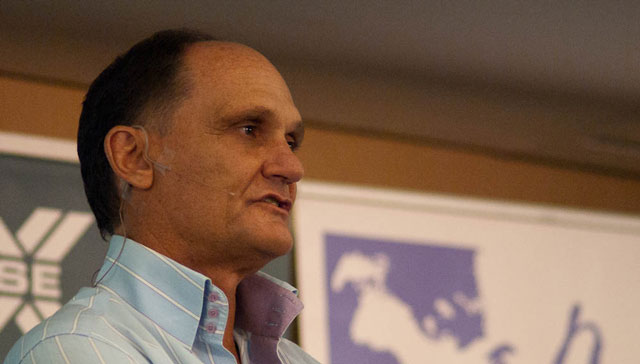
Cell C’s majority shareholder, Dubai-based Oger Telecom, has earmarked an equity investment of US$350m (R3,5bn) for the South African mobile operator.
In addition to the shareholder injection, key lenders, including Nedbank and Development Bank of South Africa (DBSA), have concluded a long-term financing package of R2,2bn to Cell C, in a transaction arranged by Nedbank. The financing package also carries partial guarantees from Oger Telecom.
The cash injection by Oger Telecom follows the Independent Communications Authority of SA’s (Icasa’s) announcement in June of its intention to address the high cost to communicate in South Africa. Icasa is conducting a market review of the remedies under South Africa’s call termination regulations and other programmes aimed at combatting the high cost to communicate.
Cell C now has 11,5m customers. It remains South Africa’s third largest mobile operator after Vodacom and MTN.
Oger Telecom’s latest investment follows a $200m injection into Cell C in 2012. The company also plans to invest in Cell C further in 2014.
Mohammed Hariri, chairman of both Cell C and Oger Telecom, says that under the leadership of Alan Knott-Craig, the mobile operator has “gone from strength to strength. The company has a solid business strategy and we are confident that the regulator will make decisions that give smaller players a better chance of being sustainable competitors. It is on this basis that we as shareholders are fully committed to the company and the country.”
“Icasa’s decision to conduct a market review of the remedies under the call termination regulations has bolstered our shareholders’ confidence in the future of Cell C and the industry,” says Cell C CEO Alan Knott-Craig. “The equity injection also strengthens our balance sheet. But Cell C needs aggressive and proactive regulatory support to continue its drive to reduce the cost to communicate in South Africa and remain sustainable in the process.”
As part of Icasa’s comprehensive examination of the telecommunications industry under its cost-to-communicate programme, it has suggested it will review call termination regulations. Cell C says the move by Icasa is a positive one as the regulator needs to look at providing specific remedies to South Africa’s high prices.
Some possible remedies, according to Cell C, include “sustained asymmetry, mandatory flat rates and lower mobile termination rates for operators with significant market power”.
“With this financial injection and a regulatory outcome that promotes sustainable competition for smaller players, Cell C will lead the way in lowering the cost to communicate and further expand its network coverage,” says Knott-Craig. — (c) 2013 NewsCentral Media




